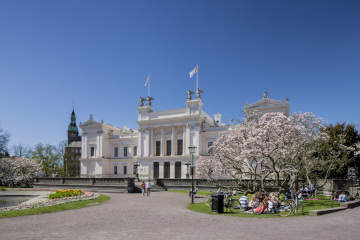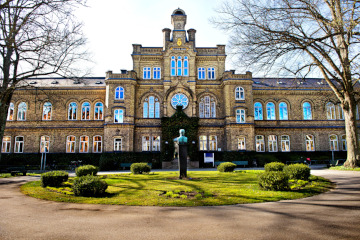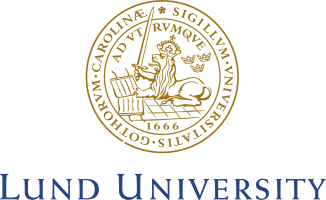About EUROPT 2024
The 21st EUROPT Conference on Advances in Continuous Optimization (EUROPT 2024) focuses on recent advances in continuous optimization, covering theory, algorithms, software, and applications. We aim to bring together both theoretical and applied researchers in the field. The event features invited plenary lectures, as well as invited and contributed sessions. The conference is preceded by the fourth edition of the EUROPT Summer School, taking place on June 24-25.
Where
Lund University, Lund
Sweden
When
26-28 June 2024
Plenary Speakers
Plenary speakers at EUROPT 2024.
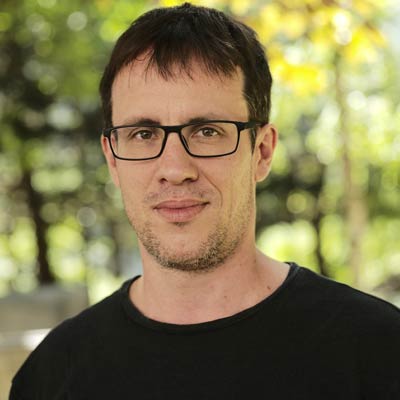
Gabriel Peyré
CNRS and École Normale Supérieure, Paris
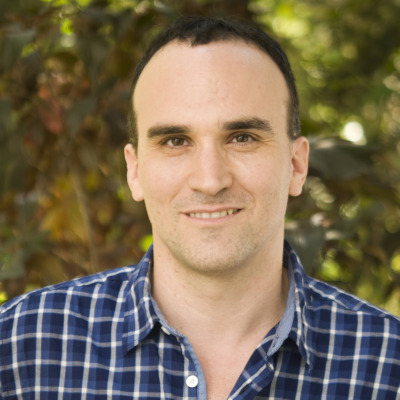
Amir Beck
Tel-Aviv University
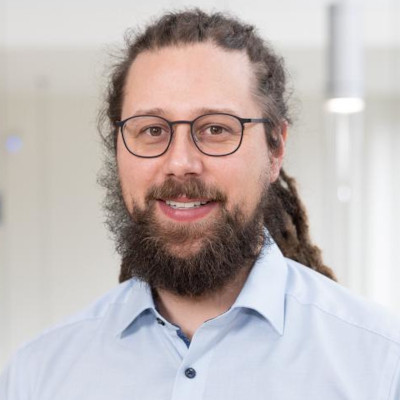
Sebastian Stich
CISPA Helmholtz Center for Information Security
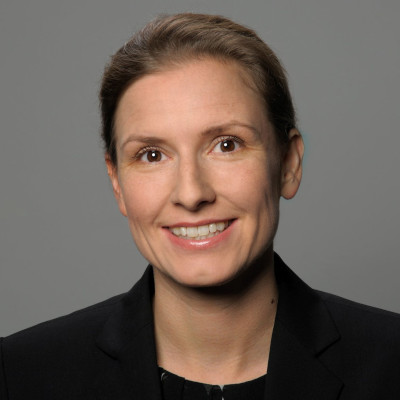
Gabriele Eichfelder
2024 EUROPT Fellow
Technische Universität Ilmenau
Streams and stream organizers
The conference will have invited sessions on the following topics.
Advances in first-order optimization
Organizers: Puya Latafat, Emanuel Laude, Panagiotis Patrinos
Bilevel optimization: Strategies for complex decision-making
Organizer: Alp Yurtsever
Challenges in nonlinear programming
Organizers: Pavel Dvurechensky, Jakub Marecek, Mathias Staudigl
Conic optimization: theory, algorithms and applications
Organizers: Miguel Anjos, Etienne De Klerk
Developments in interior point methods
Organizers: Utkarsh Detha, Martin S. Andersen
Global optimization
Organizer: Sonia Cafieri
In memory of Georg Still
Organizers: Mirjam Duer, Oliver Stein
Large-scale optimization
Organizers: Amir Beck, Pontus Giselsson
Methods for non-/monotone inclusions and their applications
Organizer: Dimitri Papadimitriou
Multiobjective optimization
Organizer: Gabriele Eichfelder
Nonsmooth and nonconvex optimization algorithms
Organizers: Masoud Ahookhosh, Sorin-Mihai Grad, Alireza Kabgani
Optimal control and stochastic optimal control - theory, methods and applications
Organizer: Gerhard-Wilhelm Weber
Optimization for inverse problems and machine learning
Organizers: Enis Chenchene, Emanuele Naldi, Cheik Traoré
Optimization for learning
Organizers: Pontus Giselsson, Manu Upadhyaya
Optimization in neural architectures: convergence and solution characterization
Organizers: Manish Krishan Lal, Maria-Luiza Vladarean
Optimization in regression, classification and learning
Organizer: Paula Amaral
Randomized optimization algorithms
Organizer: Laurent Condat
Variational analysis: theory and algorithms
Organizers: Francisco Javier Aragón Artacho, Abderrahim Hantoute
Schedule
Schedule overview below. Detailed schedule is available here (desktop version) and here (mobile version).
Registration
Registration desk is located in the entrance of the conference venue.
Opening session
Room M:A.
Coffee break
Parallel sessions WC
Parallel sessions WD and BARON Tutorial
Parallel sessions WE
Coffee break
Parallel sessions WF
Coffee break
Parallel sessions TB
Parallel sessions TC
Parallel sessions TD
Coffee break

Plenary talk - EUROPT fellow Gabriele Eichfelder
Multiobjective optimization, uncertainty, and a bit of set optimization
Conference dinner
At restaurant Eatery, located here. It is a 25 minute walk or a 15 minute walk plus tram ride, from stop Lund LTH to stop Lund Telefonplan.
Coffee break
Parallel sessions FB
Parallel sessions FC
Parallel sessions FD
Coffee to go
Scientific committee
- Pontus Giselsson (co-chair), Lund University
- Giancarlo Bigi (co-chair), University of Pisa
- Masoud Ahookhosh, University of Antwerp
- Paula Amaral, Nova School of science and technology, Lisbon
- Miguel Anjos, University of Edinburgh
- Francisco Aragon-Artacho, University of Alicante
- Immanuel Bomze, University of Vienna
- Sonia Cafieri, ENAC, Université de Toulouse
- Laurent Condat, King Abdullah University of Science and Technology
- Gabriele Eichfelder, Ilmenau University of Technology
- Etienne de Klerk, Tilburg University
- Dmitri Kvasov, University of Calabria, Italy
- Yura Malitsky, University of Vienna
- Sorin Mihai-Grad, Polytechnic Institute of Paris
- Yurii Nesterov, Catholic University of Louvain, Louvain-la-Neuve
- Peter Ochs, Saarland University
- Laura Palagi, Sapienza University of Rome
- Ashkan Panahi, Chalmers University of Technology, Gothenburg
- Mathias Staudigl, University of Mannheim
- Christiane Tammer, Martin Luther University Halle-Wittenberg
- Tamás Terlaky, Lehigh University
- Wilhelm Weber, Poznan University of Technology
- Alp Yurtsever, Umeå University
Abstract Submission
The submission system is available at http://www.euro-online.org/conf/europt2024/. The conference accepts contributed abstracts and invited abstract. To submit an invited abstract, a session code from the stream organizer is needed. Please, find our call for contributions here.
Important dates
Abstract submission deadline: April 7, 2024 April 21, 2024 (final)
Abstract acceptance: April 25, 2024
Registration
Registration is open. You can access the registration page by following this link. Please note, we accept payments through credit/debit cards. The registration fees, inclusive of VAT, are as follows:
| Registration category | Fee |
|---|---|
| Early – Regular | 3000 SEK (approx € 270) |
| Early – Student, Retired | 2250 SEK (approx € 200) |
| Early – Accompanying person | 1350 SEK (approx € 120) |
| Late – Regular | 3500 SEK (approx € 315) |
| Late – Student, Retired | 2750 SEK (approx € 245) |
| Late – Accompanying person | 1650 SEK (approx € 145) |
Early registration deadline: May 5, 2024
Late registration deadline: May 25, 2024
Regular and student/retired registrations include:
- The opportunity to deliver one presentation
- Access to all conference sessions
- Complimentary coffee, refreshments, and lunches during the conference
- A conference dinner on June 27
Accompanying person registration includes:
- A conference dinner on June 27
Cancellations and refunds
Notice of cancellation must be sent by email to Pontus Giselsson. For cancellations received before June 5, 2024, a full refund minus an administration fee of 400 SEK (€ 35) will be granted. After this date, refunds will be at the discretion of the organizing committee. If you are not able to attend, you are welcome to give your registration to a colleague. Change of name is free of charge. No‐shows will not receive a refund. Please allow up to 4 weeks to receive any refunds.
Force Majeure
Unexpected cancellation of the conference. The organising commitee reserves itself the right to cancel EUROPT2024 without notice or compensation in the event of force majeure cases (for example, but not limited to acts of nature such as fire, earthquake, hurricane, flood, war, or terrorist attacks). In such cases, the organizing committee is freed of all responsibility.
Limitation of liability. In the event of it being impossible to carry out the EUROPT2024 for force majeure cases, so long as this arises from a cause not attributable to the organisers, the organisers shall only be obliged to reimburse the payments received subject to deduction of any costs it has incurred in preparing the event. This liability only extends to the payments made directly to the EUROPT2024 and not to payments made by the attendees to the hotel or airlines.
Conference Venue
The conference will take place in the M-building at Lund University in Lund, Sweden.
Department of Automatic Control, Lund University
The conference will take place in the M-building at the Technical Faculty of Lund University. This building is home to the organizers' department, the Department of Automatic Control.
Getting here
The M-building can be reached by bus or tram from the city center. The closest stops are Lund Tunavägen, Lund Professorsgatan, and Lund LTH. Tickets must be bought via the Skånetrafiken app (Google play/App store) prior to boarding the bus as ticket are not sold on the buss or the tram. An alternative to buss and tram is to walk, which takes about 20 minutes from the city center.
Travel
Flying to Lund
The nearest major airport to Lund is Copenhagen Airport, Kastrup, in Denmark. There are regular and direct train services across the Öresund Bridge to Sweden that take travelers to Lund in just 30 to 40 minutes. Train tickets can be bought (for appoximately €15) at vending machines at Kastrup, before entering the train terminal.
An alternative is to fly to Malmö Airport, Sturup. Although its location is closer to Lund, public transportation to Lund is not as convenient, and essentially nonexistent. Taxis are located right outside the terminal, with prices ranging from €50 to €80.
Further information
Please, find information about Lund with regards to:
Organizing Committee
The organizing committee members are from the Department of Automatic Control at Lund University or the EUROPT managing board.
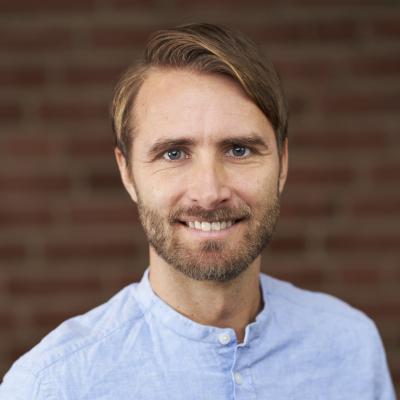
Pontus Giselsson
General co-chair
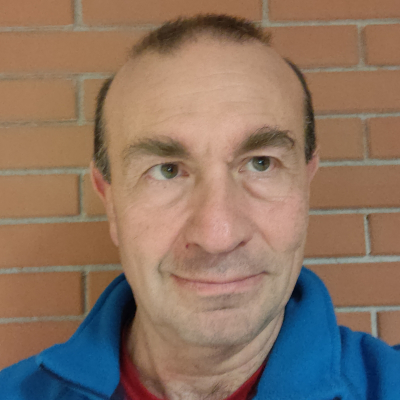
Giancarlo Bigi
General co-chair
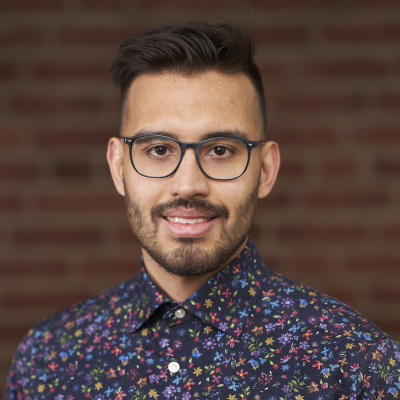
Manu Upadhyaya
Co-organizer
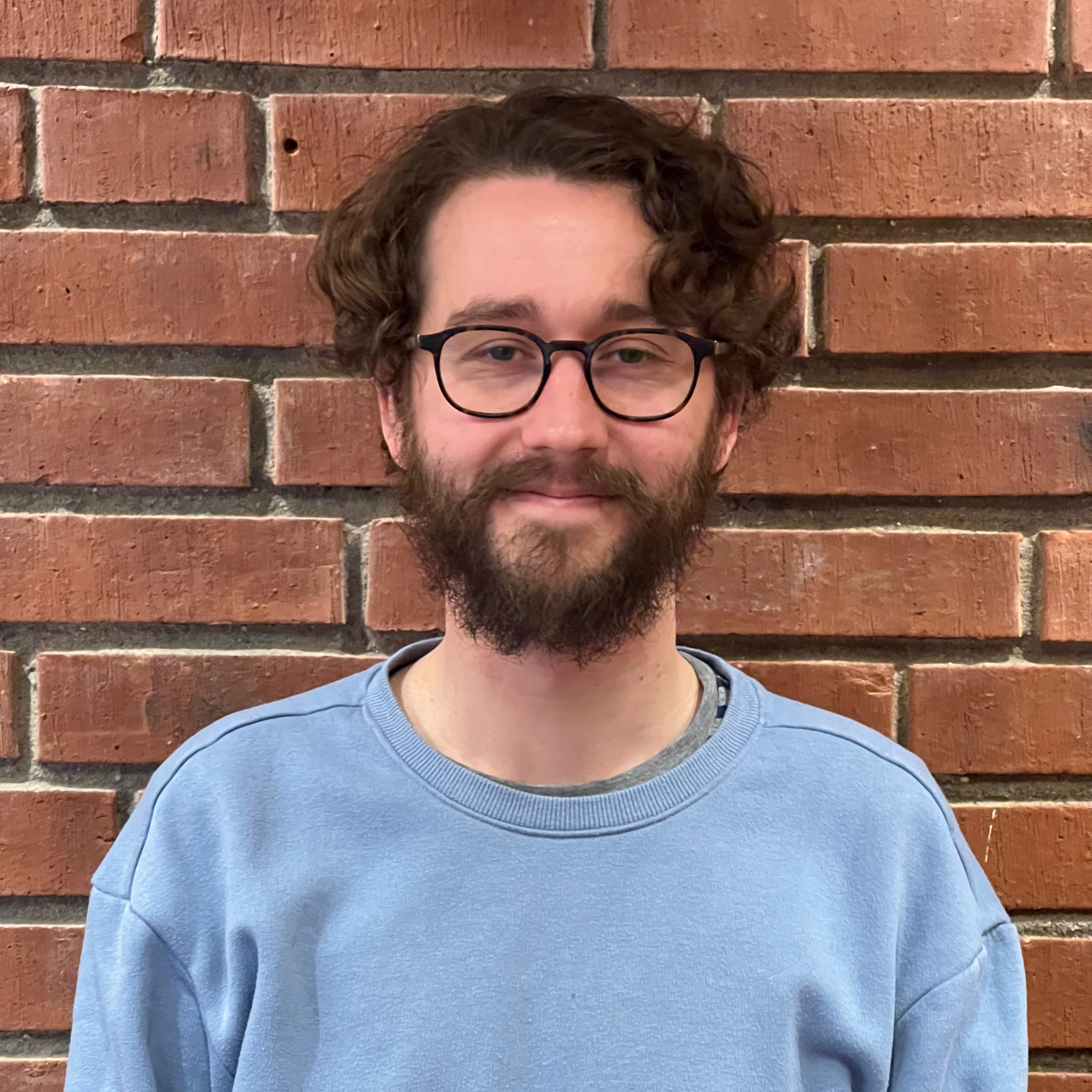
Max Nilsson
Co-organizer
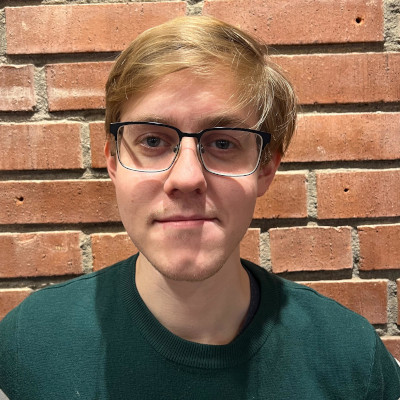
Anton Åkerman
Co-organizer
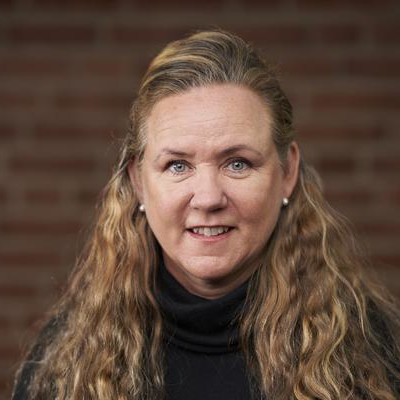
Cecilia Edelborg
Local administration
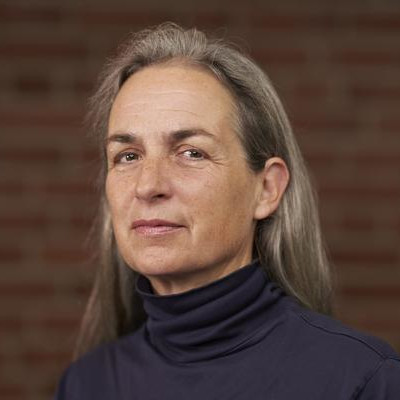
Monika Rasmusson
Local administration
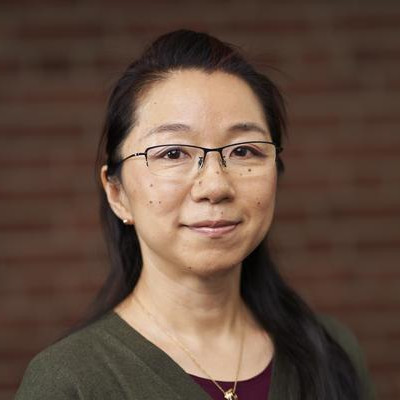
Mika Nishimura
Local administration
EUROPT 2024 Summer School
June 24-25, Lund University, Sweden

June 24, Gabriel Peyré
Computational optimal transport
Optimal transport (OT) is a fundamental mathematical theory that intersects optimization, partial differential equations, and probability. It has recently emerged as a crucial tool for addressing a surprisingly wide range of problems in data science, such as shape registration in medical imaging, structured prediction problems in supervised learning, and training of deep generative networks. This mini-course will intertwine descriptions of the mathematical theory with recent developments in scalable numerical solvers. This approach will underscore the significance of recent advancements in regularized approaches for OT, which make it possible to address high-dimensional learning problems. In the first part of the course, I will explain Monge’s original transportation problem and detail Brenier’s theorem, which guarantees the existence and uniqueness of the optimal map. This theorem is then applied in the contexts of Gaussian distributions and one-dimensional densities. I will then present Kantorovich’s formulation, a convex relaxation that has a strong connection with linear programming. In particular, I will explain the celebrated Birkhoff-von Neumann theorem, which establishes an equivalence between Monge’s and Kantorovich’s formulations. I will also discuss the metric properties of Optimal Transport, which define a metric capable of quantifying the convergence in law of distributions and making it a powerful loss function in imaging and learning. The last part will focus on high-dimensional problems, requiring the use of entropic regularization. I will draw the connection of this approach with the Schrödinger problem in statistical physics and highlight the associated Sinkhorn’s algorithm, which is highly parallelizable on GPUs and has a significant connection with deep learning and neural networks.
Materials for the course, including a small book, slides, and computational resources, can be found online at https://optimaltransport.github.io/
Schedule
June 25, Gabriele Eichfelder
Multiobjective optimization
In real-life applications often multiple objective functions arise which have to be optimized at the same time, like costs, energy consumption, and quality. This is known as a multiobjective optimization problem, which involves optimizing a vector-valued objective map. A naïve approach is a weighted sum of the objectives. However, it is difficult to choose appropriate weights beforehand and the values of the individual objective functions can have different scales. Moreover, for non-convex optimization problems, valuable solutions may be overlooked by simplifying with a weighted sum, even if the weights are varied. Thus, several other approaches have been developed to solve these types of problems. The most prominent are nonlinear scalarizations, i.e., the reformulation as a parameter-dependent single-objective replacement problem like the epsilon-constraint method. But also direct methods for special classes of multiobjective problems using for instance descent directions or branch-and-bound techniques have been proposed in the last decades.
These lectures provide an introduction to multiobjective optimization. They begin by presenting the basic optimality concepts and the necessary theoretical background. The focus is then on numerical methods for solving such problems. The lectures give the classical scalarization approaches and discusses their advantages and limitations in terms of quality guarantees as well as for specific classes of optimization problems. A further topic will be descent methods, for which we examine optimality conditions like stationarity. The course continuous with additional ingredients for direct methods for solving multiobjective optimization problems. Participants will gain the ability to select appropriate solution approaches for specific multiobjective optimization problems and critically evaluate the outcomes of standard methods.
Schedule

Contact Us
For general inquiries before, during, or after the conference, please do not hesitate to contact us.
